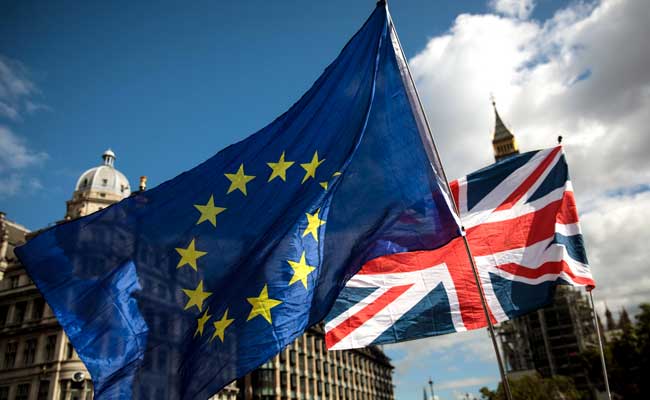There is often a strong connection between economic policy and human rights. Policies such as the bedroom tax and legal aid cuts pursue economic efficiency, but usually with the understanding that the harm done to rights is an unintentional part of doing business, an unfortunate, but necessary consequence. This convention may have just been departed from, with the promotion of three libertarian ideologues to the great offices of state likely to lead to the intentional defenestration of rights.
Javid, Raab and Patel, the Chancellor, Foreign and Home Secretary, respectively, are all found on the libertarian right of the Tory party, a section of the party that is all too sceptical about human rights and the role of the courts. The elevation of this clique raises the concerning prospect that post-Brexit, the government will turn its fire on the Human Rights Act and the UK’s membership of the European Convention on Human Rights, fundamentally altering the structure of Britain’s economic and constitutional frameworks.
Should Johnson successfully achieve a no-deal Brexit, it is not unreasonable to expect a general election to follow shortly after, and for this to restore the Tory government to a working majority. The sheer relief at having achieved Brexit (provided the election takes place before the economic hit does), coupled with Johnson’s supposed campaigning prowess makes this, while perhaps not likely, at least conceivable.
Read more: Nicholas Reed Langen, Justice Gap, https://is.gd/auNbjS
